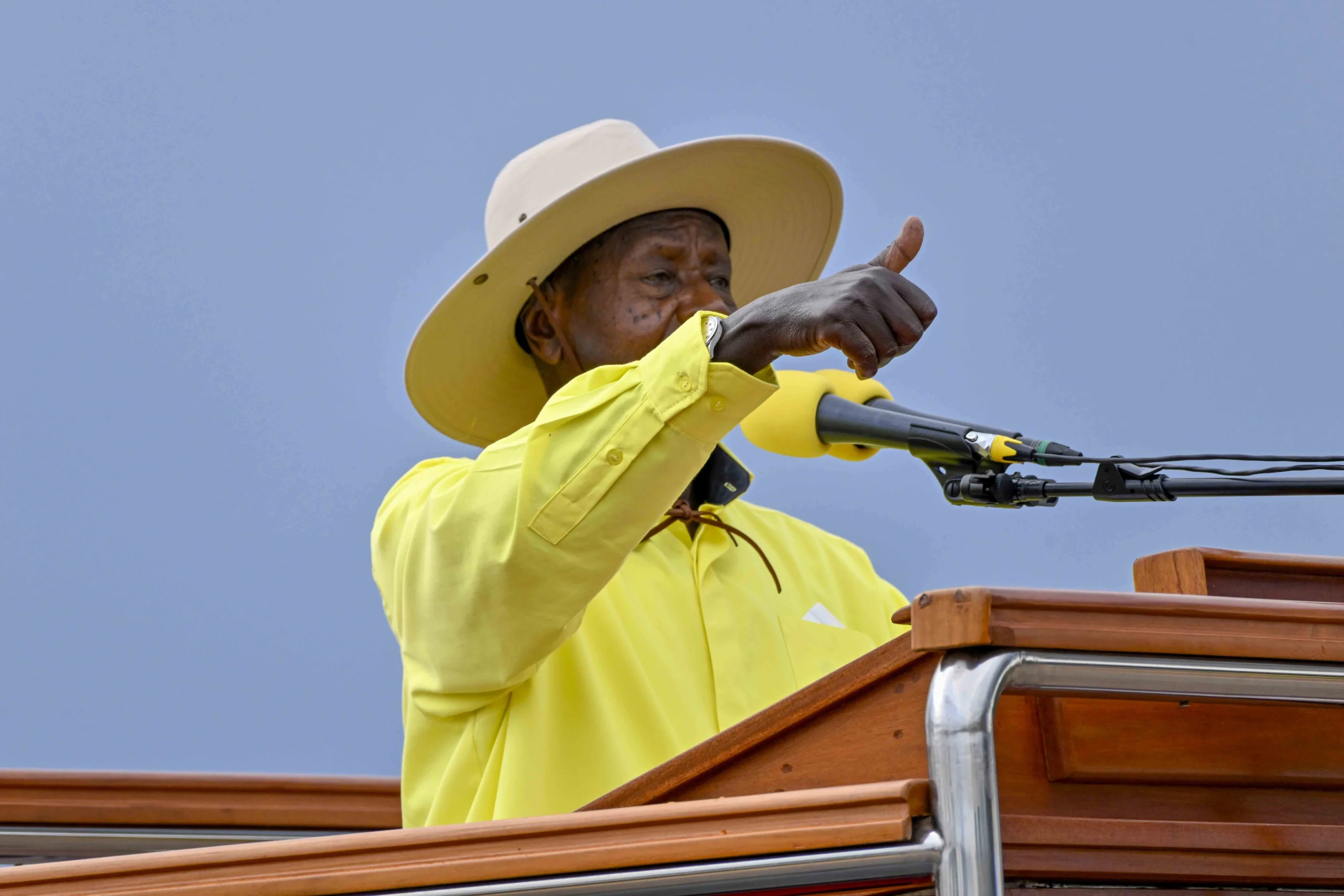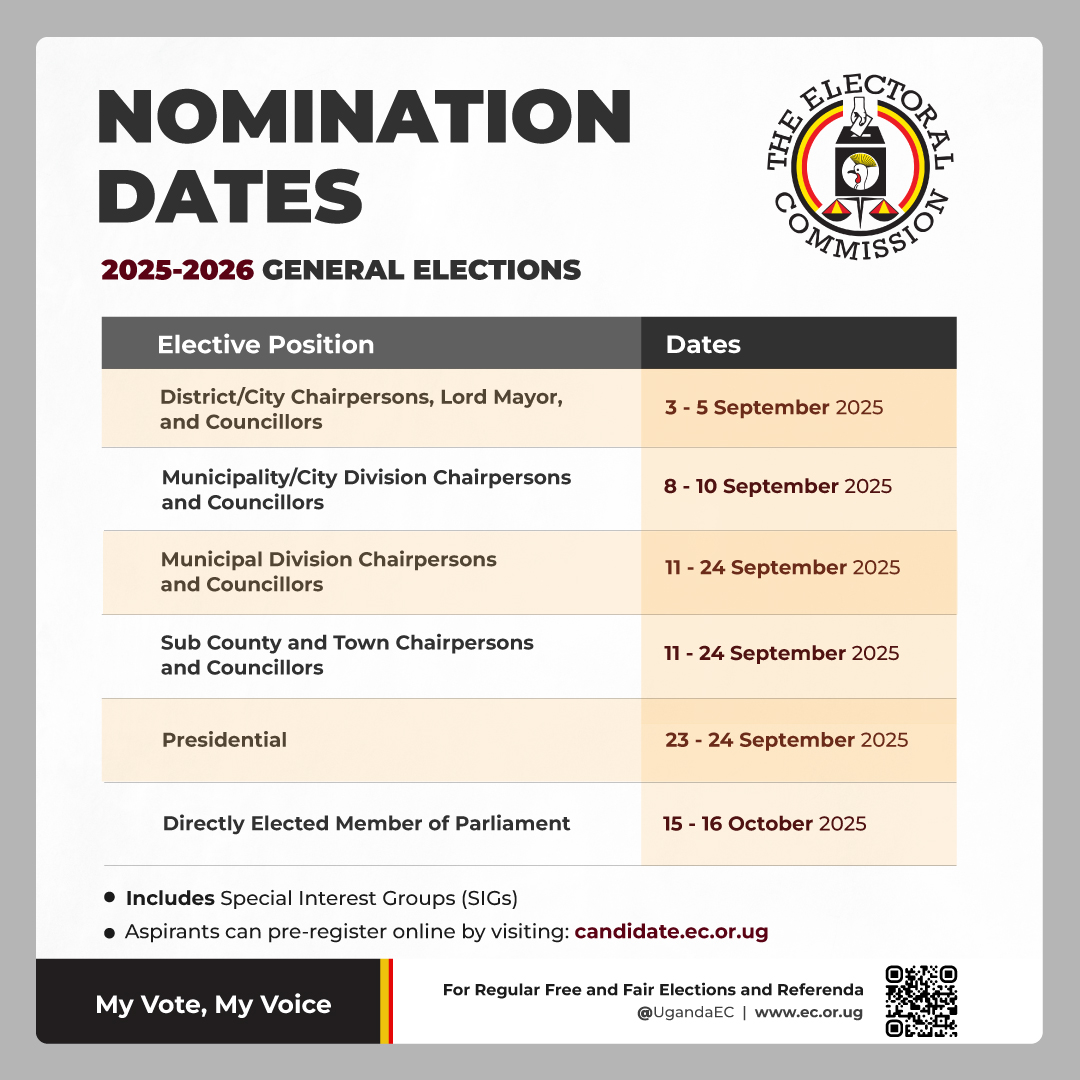In a high-level engagement reflective of Africa’s rising digital ambition, President Yoweri Kaguta Museveni hosted a delegation from MTN Group at State House, Entebbe, to explore avenues for deepening cross-border ICT investments and amplifying the mobile operator’s pivotal role in Uganda’s socio-economic metamorphosis. The dialogue reaffirmed a shared vision of leveraging digital infrastructure not merely as a tool for communication, but as a transformative engine powering agriculture, education, health, financial inclusion, and industrialization.

MTN Group, a Johannesburg-headquartered multinational and one of the world’s foremost mobile telecommunications giants, has been a critical stakeholder in Uganda’s digital journey since launching operations in 1998. Today, it commands a national subscriber base exceeding 22 million, of which approximately 12 million are active smartphone users—a key metric underscoring the growing digital readiness of the Ugandan populace.
Reflecting on MTN’s early days, President Museveni evoked a vivid memory that symbolized Uganda’s first brush with mobile technology. “I remember when it had just started, Mzee Mandela called me on a small phone. That was the beginning,” he recounted. But far from a nostalgic anecdote, this moment catalyzed Uganda’s ongoing pursuit of digital connectivity as a strategic imperative.
Digital Infrastructure as a Multiplier for Wealth Creation
President Museveni emphasized that real economic transformation hinges on expanding national productivity and income levels. “If people have jobs and incomes, they will buy more phones and use them more,” he remarked, identifying ICT as one of the four cornerstone sectors for job creation and prosperity, alongside commercial agriculture, manufacturing, and services.
His observation is empirically grounded: MTN’s mobile money services have brought millions into the formal financial ecosystem, catalyzing micro-enterprise, facilitating secure savings, and enabling digital credit access. In the education sector, MTN Uganda’s support for e-learning platforms and youth innovation hubs has amplified digital literacy and creativity. In healthcare, its mobile-enabled health campaigns and donation programs have contributed to public health awareness and vaccine drives.
Moreover, MTN’s strategic investments in 4G and 5G infrastructure—aligned with Uganda’s National Broadband Policy and the Digital Uganda Vision—are positioning the country to benefit from exponential technologies such as artificial intelligence, big data, blockchain, and the Internet of Things (IoT).
A Broader Economic Vision: Cross-Border Investment and Regional Integration
Urging MTN to scale its investments beyond national boundaries, President Museveni stressed the geopolitical importance of regional ICT integration. “You should discuss and see how you can intensify cross-border investment. That’s how we can strengthen intra-African trade and cooperation,” he said.
Indeed, MTN’s Pan-African footprint—with operations in 19 African countries—positions it as a natural vanguard for the African Continental Free Trade Area (AfCFTA), providing the digital rails for regional commerce, trade logistics, and unified mobile money platforms that transcend borders.
From Subsistence to a Monetized Economy: ICT’s Enabling Role
President Museveni also reflected on Uganda’s long struggle to transition from a subsistence economy to one characterized by monetary transactions. “By 1962, only 4% of Ugandans were in the money economy. By 2021, that figure had risen to 64%,” he noted, crediting strategic state intervention and private sector partnerships—including those with telecom operators—for accelerating economic inclusion.
The proliferation of mobile technology, especially in rural and peri-urban areas, has democratized access to financial services and market information for farmers, traders, and low-income earners—driving productivity and resilience across Uganda’s economic landscape.
He further cited agricultural output, such as coffee production surging to nearly 9 million bags annually, and rising milk yields as indicators of rural transformation fueled in part by digital tools that link producers to markets, information, and payments.
Sustainable Capitalism and the Future of Wealth Transmission
In a forward-looking discourse, the President raised the challenge of intergenerational wealth retention and property fragmentation, advocating for capitalist-inspired models such as shared equity and family-owned corporate entities. “In some parts of the world, families have found ways to share ownership while keeping property intact,” he said, signaling a need for Ugandans to embrace modern frameworks for asset consolidation and investment—principles that underpin much of MTN’s own corporate governance.
MTN’s Commitment: A Partnership for the Long Haul
MTN Group Chairman Mr. Jonas Mcebisi conveyed appreciation for the consistent support extended by the Ugandan government and regulatory agencies. “We just came today to say thank you very much for the support you have always given us. We have had excellent collaboration from the regulators, and MTN is not here for the short term; we are here for the long haul,” he affirmed.

Highlighting the company’s ambition to act as a conduit for Ugandan enterprises to penetrate the South African and wider regional markets, Mcebisi added, “We believe there is real opportunity to help Ugandan businesses enter the South African market, and that is something we can explore further.”
His comments mirror MTN’s broader corporate ethos of “doing good while doing business,” as evidenced by its sustained investments in corporate social responsibility, youth skilling, digital entrepreneurship, and community empowerment across Uganda.
Strategic Collaboration Across Sectors
Also in attendance at the meeting were prominent figures from Uganda’s ICT and financial governance ecosystem: Hon. Joyce Nabbosa Ssebugwawo (Minister of State for ICT and National Guidance), Mr. Ramathan Ggoobi (Permanent Secretary, Ministry of Finance), Mr. John Musinguzi (Commissioner General, Uganda Revenue Authority), and Mr. George William Nyombi Thembo (Executive Director, Uganda Communications Commission). Their presence underscored the integrated approach required to steer Uganda toward a fully digitized, inclusive, and innovation-led economy.

Uganda’s Digital Trajectory in the African Century
As Africa emerges as the next frontier for digital transformation, the partnership between Uganda and MTN Group symbolizes more than commercial success; it represents a shared commitment to a future where digital tools uplift lives, drive productivity, and bridge opportunity gaps. With political will, technological infrastructure, and a forward-looking private sector aligned, Uganda stands poised to lead Africa’s digital revolution—firmly anchored in inclusive growth, regional solidarity, and 21st-century innovation.
President Museveni met with MTN Group at State House to deepen cross-border ICT investment and boost Uganda’s digital-led transformation. From agriculture to education, health, and finance—tech is driving inclusive growth across sectors. https://t.co/YOfwBm6jNi pic.twitter.com/KtC5XgjmmQ
— Rising Nation UG (@RisingNationUG) May 11, 2025




